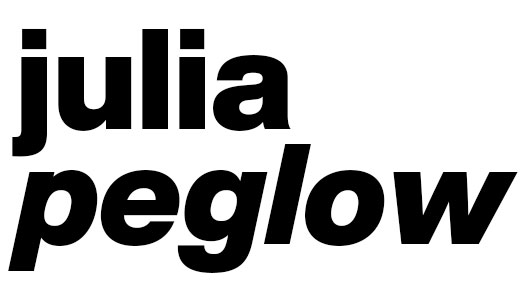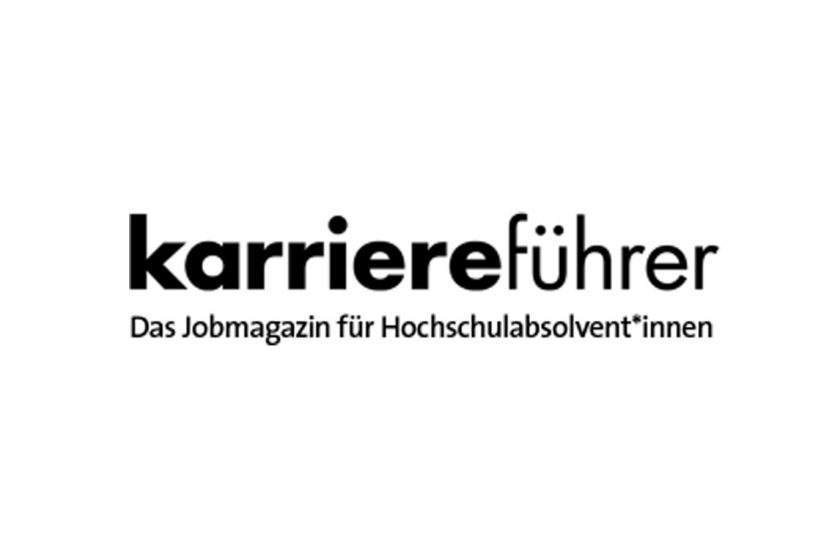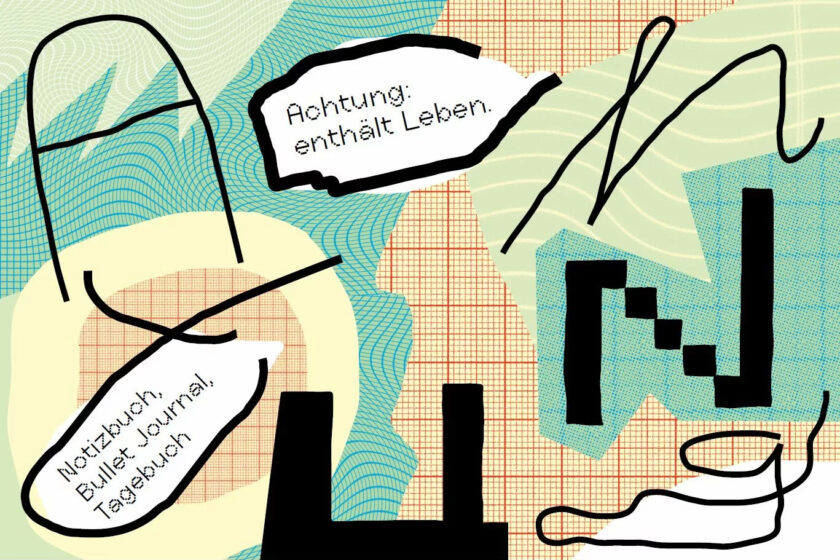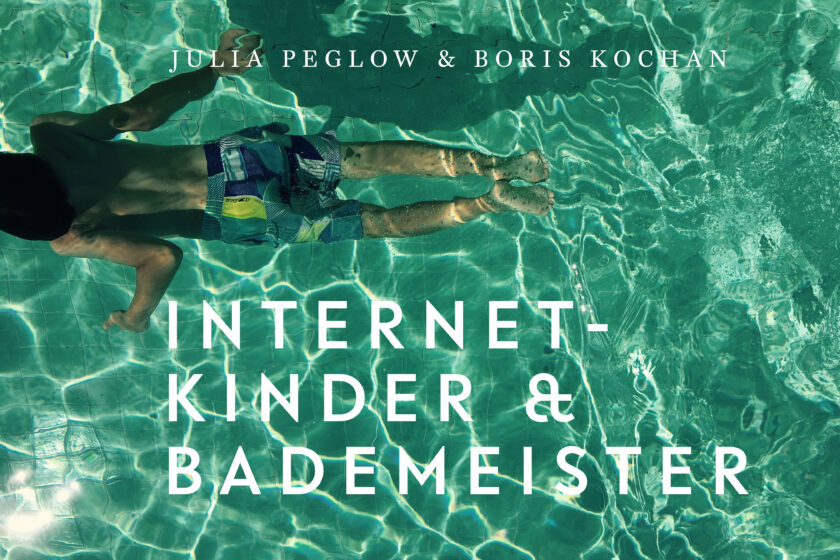Dieser Artikel erschien im Juli 2021 auf dem nuuna Blog.
Unsere Freundin Julia Peglow hat ein Buch geschrieben: „Wir Internetkinder“ heißt es. Wir sind Fans – und zwar nicht nur weil nuuna darin vorkommt!
Das Internet – wahrgewordene Utopie allumfassender Demokratisierung, Vernetzung und Kommunikation? Die Diagnose von Julia Peglow ist nicht ganz so euphorisch: Dient das Internet uns oder wir dem Internet lautet einer der beunruhigenden und zugleich berechtigten Fragen ihres neuesten Buches. Haben wir etwa die Kontrolle verloren? Und wenn ja, wie holen wir sie uns wieder zurück?
Julia Peglow ist Autorin und Hochschuldozentin und hat zwei Jahrzehnte in der Kreativ- und Digitalbranche als Strategische Beraterin und Geschäftsführerin für internationale Branding- und UX-Agenturen gearbeitet. Sie versteht sich als Chronistin des Digitalzeitalters und reflektiert den Status unserer digitalen Welt auf ihrem philosophischen Blog „diary of the digital age“.
Ausgangspunkt ihres Buches „Wir Internetkinder“ sind nicht die Digital Natives, sondern die Generation derjenigen, die noch analog aufgewachsen sind, bevor sie schließlich den digitalen Vormarsch selbst mitgeprägt haben – die Internetpioniere quasi. Davon ausgehend fragt Julia Peglow nach den Anfängen und der Entdeckung des virtuellen Raums, nach dem Einfluss der Digitalisierung auf die Arbeitswelt und nach dem aktuellen Potential zur Veränderung unserer Denk- und Handlungsmodelle. Dabei diagnostiziert Peglow einen Spalt zwischen zwei Wirklichkeitsebenen, der echten Welt und der digitalen Welt, die sich wie ein Bruch durch unsere Gesellschaft und unser Erleben zieht. Hierbei kommen auch ganz aktuelle Beobachtungen zur Verschiebung des sozialen Raums in die digitale Sphäre während der Corona-Lockdowns zur Sprache.
Theoretische Passagen wechseln sich dabei mit Tagebucheinträgen ab, Komplexes steht neben Anekdotischem – eine abwechslungsreiche Lektüre. Man guckt der Autorin förmlich beim Nachdenken zu.
Besonders aufgehorcht haben wir bei den Stellen, wo Peglow über ihre eigene Denk- und Arbeitsroutine schreibt: Diese changiert zwischen dem Nach-Außen-Treten in ihrem öffentlichen Blog, dem Teilhaben an der Welt und dem Sich-Zurückziehen vom digitalen Sturm, einem Ort nur für sie allein: ihren Notizbüchern. Gerade diesen analogen Tools kommt in der Überfrachtung und Vereinnahmung durch die digitale Welt eine besondere Rolle zu: der eines privaten Raums zum Denken. Genau hier holen wir uns die Kontrolle über unsere eigenen Gedanken zurück.
Dass Peglow in diesem Zusammenhang auch über unsere Notizbücher schreibt, freut uns natürlich besonders:
„Dann bleibt mein Blick an einem Regal hängen, in dem Notizbücher stehen. Darauf ein kleiner Name: nuuna. (…) Ich nehme eines aus dem Regal. Es ist ein großes, schwarzes Hardcover mit dickem Buchrücken. Es liegt schwer in der Hand. Ich klappe das Notizbuch auf – es ist, als ob ich eine Tür öffne. Vor mir: weiße Seiten. Ein Weg, der sich mir auftut. (…) Ein leeres Buch. In einer Welt voll vorgefertigter Antworten ist ein leeres Notizbuch für jemanden, der seinen Weg finden will, das Gegenteil eines Buchs. Es ist nicht die Antwort. Es ist die Frage. Es ist der leere Raum, der mit eigenen Gedanken und der eigenen Identität gefüllt werden kann, mit dem selbstbestimmten Narrativ des eigenen Lebens. Ich habe ihn gefunden. Den Raum zum Denken.“
Das Buch ist übrigens ein absoluter Hingucker. Gestaltet von Katrin Schacke mit lila Buchschnitt, silbernem Vor- und Nachsatz und Metallicprägung auf dem Cover. Herausgegeben von unseren Freunden vom Verlag Hermann Schmidt. Bravo!
Julia Peglow on the notebook as a thinking space in the digital age
Our friend Julia Peglow has written a book called „Wir Internetkinder“. We are fans – and not just because nuuna is in it!
The Internet – is it the utopia of all-embracing democratization, networking and communication come true? Julia Peglow’s diagnosis is not quite so euphoric: Does the Internet serve us or do we serve the Internet is one of the disturbing and at the same time justified questions of her latest book. Have we lost control? And if so, how do we get it back?
Julia Peglow is an author and university lecturer who has worked for two decades in the creative and digital industries as a strategic consultant and managing director for international branding and UX agencies. She sees herself as a chronicler of the digital age and reflects on the status of our digital world on her philosophical blog “diary of the digital age”.
The starting point for her book “Wir Internetkinder” (We Internet Children) is not the digital natives, but the generation of those who grew up in analog before they themselves helped shape the digital revolution – the Internet pioneers, so to speak. Based on this, Julia Peglow asks about the beginnings and the discovery of virtual space, about the influence of digitization on the world of work, and about the current potential for changing our models of thought and action. In doing so, Peglow diagnoses a rift between two levels of reality, the real world and the digital world, which runs like a break through our society and our experience. In this context, also very recent observations on the shift of social space into the digital sphere during the Corona lockdowns come up.
Theoretical passages alternate with diary entries, the complex is juxtaposed with the anecdotal – a varied read. You can literally watch the author think.
We particularly enjoyed the passages where Peglow writes about her own thinking and working routine: This oscillates between stepping out in her public blog, participating in the world, and withdrawing from the digital storm, a place just for herself: her notebooks. It is precisely these analog tools that have a special role to play in the overload and appropriation of the digital world: that of a private space for thinking. It is exactly here that we take back control of our own thoughts.
Of course, we are particularly pleased that Peglow also writes about our notebooks in this context:
“Then my gaze lingers on a shelf where there are notebooks. On them is a small name: nuuna. (…) I take one from the shelf. It’s a large, black hardcover with a thick spine. It feels heavy in my hand. I open the notebook – it’s like opening a door. In front of me: white pages. A path that opens up for me. (…) An empty book. In a world full of ready-made answers, an empty notebook is the opposite of a book for someone who wants to find his way. It is not the answer. It is the question. It is the empty space that can be filled with one’s own thoughts and identity, with the self-determined narrative of one’s life. I have found it. The space to think.”
The book, by the way, is an absolute eye-catcher. Designed by Katrin Schacke with purple book edges, silver front and back matter and metallic embossing on the cover. Published by our friends at Verlag Hermann Schmidt. Bravo!











